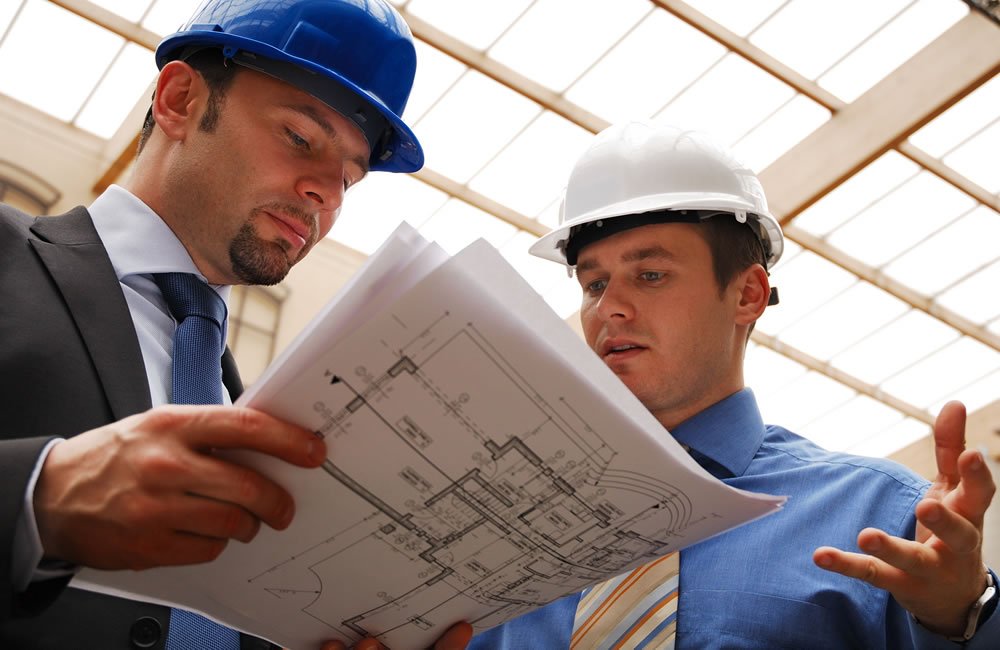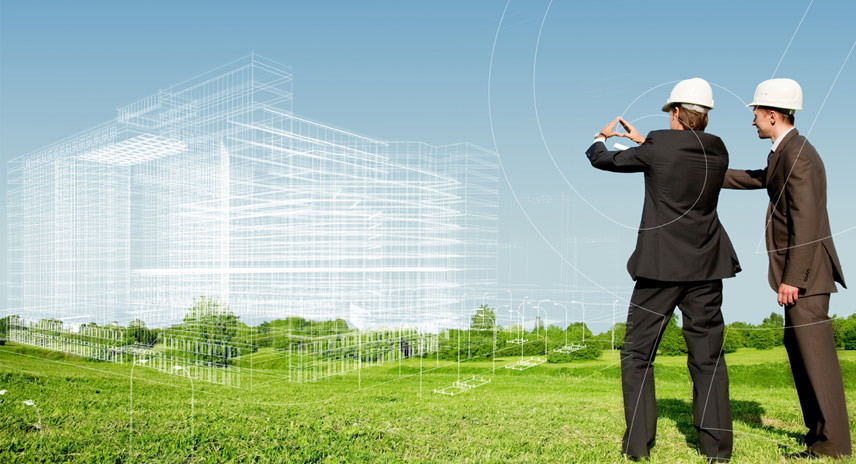Unveiling the Position and Affect of Property Developers in Real Estate
Unveiling the Position and Affect of Property Developers in Real Estate
Blog Article
Property developers play a pivotal contribution to shaping the social, physical and economic landscapes in our cities. The individuals or businesses they employ play a key role in the transformation of areas into vibrant communities commercial centers, or residential complexes. They have a far-reaching impact beyond building; they're creators of urban settings they are sculptors and designers of skylines and facilitators of societal progress. However, their work is not without controversy. They raise issues of sustainability, affordability, and gentrification.
At the heart of the property industry is the idea of transforming the vacant property or unutilized land into profitable and viable assets. Developers embark on this journey armed with market research, feasibility studies, as well as financial projections. They find opportunities, analyze potential risks, and develop plans that align with market demand and investors' expectations. It's whether it's creating mixed-use development in urban centers or master-planned communities within suburbs, developers try to achieve a balance between financial gain and ecological and social aspects. The first step is to establish the stage for the whole construction process and influences development decisions, investment strategies and timelines for projects.
Executing a development project is a meticulous process that requires planning, collaboration and efficient resource management. Developers of property manage a team of engineers, architects, contractors, and subcontractors to realize their ideas. They oversee every aspect of construction including site preparation, infrastructure development to building erection and finishing the interior. This demands savvy ability to manage projects and navigate complex issues like budget limitations or regulatory requirements, as well as new issues. Developers must also ensure that construction adheres to quality requirements, safety standards and sustainable principles that reflect their commitment to long-term investment.
Moreover, the environmental impact on development projects must not be ignored. Property developers are now under the pressure to implement sustainable methods to reduce carbon emissions and preserve natural spaces and increase energy efficiency. Sustainability-focused design options like rainwater harvesting systems, and LEED certification have become standard elements in new developments. Beyond complying with rules builders are now recognizing the advantages of long-term environmental green initiatives. This includes price reductions, market competition, and positive public perception. To obtain extra information please learn this here now
The viability of a construction project hinges not only on its physical attributes but also on its market positioning and its branding. Developers of property employ creative marketing techniques to distinguish their properties and draw buyers or tenants. It involves creating captivating narratives visually appealing identities and sales programs that connect with the target audience. For luxury apartments that are sold for buyers with high-end tastes or budget houses geared towards first-time homebuyers Effective branding is crucial to increase sales and maximize returns on investment. Additionally, developers make use of technological advancements as well as social media to expand their reach as well as engage potential buyers in an ever-changing market.
As we peer into the future, the role of property developers will continue to shift in line with shifting demographics, urbanization trends and the global challenges. Growing demand for mixed-use developments as well as transit-oriented communities and places that promote wellness will define the future generation of development projects. Furthermore, the necessity for addressing climate change and ensure social equity will prompt developers to look for innovative solutions and partnerships with other companies. This dynamic and ever-changing landscape requires flexibleness, adaptability and a forward-thinking mindset will be the distinguishing factor for trailblazers who are redefining the possibilities of real construction.
